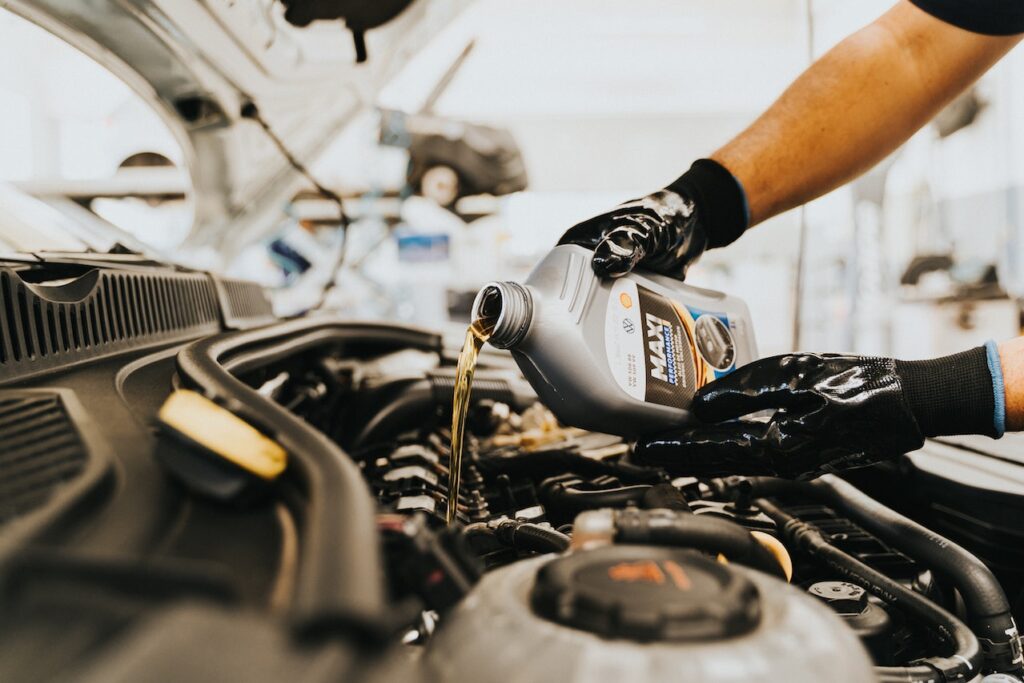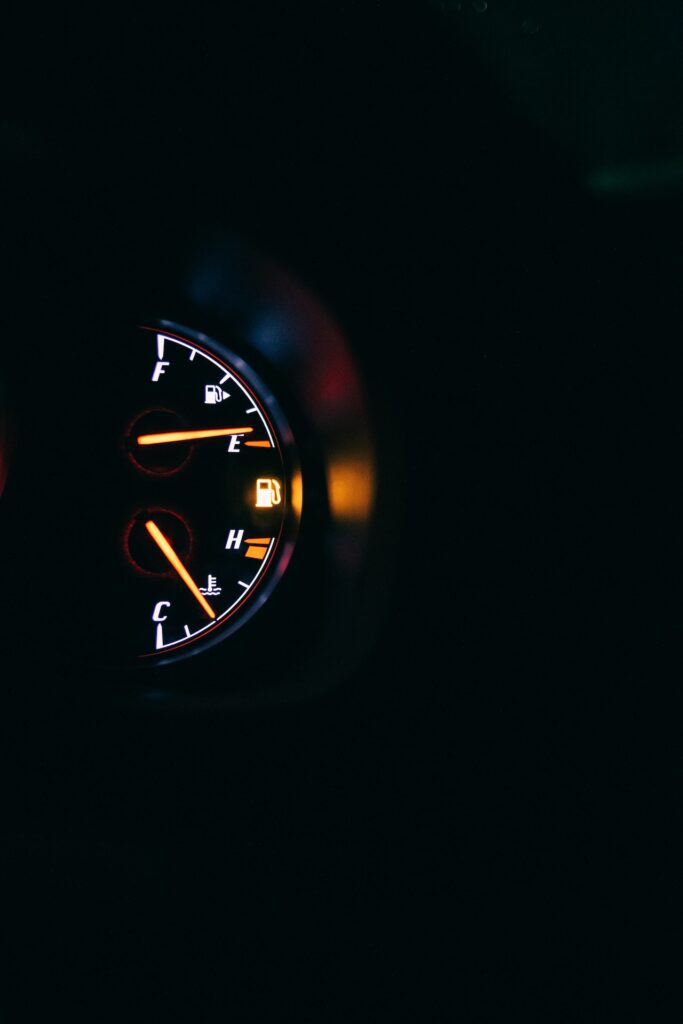Have you ever strolled up to your trusty automobile only to find a perplexing puddle lurking beneath it? It’s a sight that can send shivers down any car owner’s spine. But fret not! We’re here to unravel the world of car leaks and put your concerns to rest.
Should You Rush to the Garage?
First and foremost, that enigmatic liquid beneath your car doesn’t always spell disaster. Before sounding the alarms, let’s embark on a bit of detective work.
Start by confirming that the leak indeed originates from your car. Occasionally, it might just be a spill from another vehicle in the parking lot. So, grab a flashlight, crouch down, and inspect the undercarriage. Look for telltale signs like a glistening trail or damp spots on various car components.
Next up, we need to pinpoint the source and nature of the leak. An easy DIY trick is to slide a white cardboard sheet under your parked car. This will catch the drips and provide valuable clues about the enigmatic fluid.

Clear Liquid: Cool as a Cucumber
If your ride is dripping a clear, water-like liquid, don’t break a sweat. It’s likely just good old H2O. Occasionally, this clear liquid could be a coolant, identifiable by its colored tint (green, blue, or yellow) and distinct odor.
Most of the time, there’s no need to sound the alarms. Leaking water is usually the result of condensation from your AC unit, a common sight in summer. In winter, it’s often the exhaust saying hello.
But if the leak seems excessive or mysterious, it’s worth a second look.
Amber or Multicolored Liquid: Fueling Up Trouble
Now, if you spot a brownish puddle that seems to change colors under different angles of light, it’s likely fuel—petrol or diesel. And trust us, fuel has a distinctive smell that will remind you of the neighborhood gas station.
While these spills are common at fuel stations due to clumsy pumping, if they appear in other locations, it’s time to pay attention. Fuel is highly flammable, and driving with a leak can be risky.
Don’t chance it; seek professional help. A reputable mechanic can patch up that pesky crack or hole in your fuel tank.

Red Liquid: When It’s the Transmission
Spotting a red fluid pool under your car, especially around the front or center, is a red flag—literally. This is often transmission fluid. It’s not just an eyesore; it can be bad news for your vehicle.
Transmission fluid leaks could result from various issues, from broken seals and cracked lines to failing gaskets. Driving with a transmission fluid leak can damage your car further.
At this point, rely on scrap my car. Avoid driving and have your car towed to a nearby garage where experts can work their magic.
Brown or Black Liquid: Oil Matters
A puddle of amber, brown, or black liquid under your vehicle is usually engine oil. To confirm, touch it. If it feels slick and sticks to your fingers, it’s likely oil.
Locating the source of the oil leak can be easier once you pop the hood. Some minor leaks, like a faulty valve cover gasket, might tempt you into a DIY fix. But remember, neglecting an oil leak can lead to costly engine damage.
When in doubt, trust a mechanic to evaluate the situation and prevent further harm to your car.
Green or Yellow Fluid: Coolant Conundrum
Coolant comes in various colors nowadays. Whether you see green, yellow, pink, blue, red, or even clear liquid pooling beneath your car, it could be a coolant leak. You’ll know it by its sweet smell and almost slimy texture.
Coolant is vital for maintaining your engine’s temperature. A leak could lead to overheating, so act swiftly to avoid lasting damage.
Small leaks from a loose radiator cap or a minor connection issue might be within your DIY capabilities. But for anything beyond a few drops, let a garage handle it.
Brown Fluid: Brake Fluid, a Serious Matter
The most critical leak you can encounter is brake fluid. If you spot a slippery, brownish liquid around your wheels and brakes, you’ve got a potentially dangerous issue on your hands.
Driving with a brake fluid leak is a no-go. You may not be able to stop your vehicle safely. Instead, locate your nearest garage promptly or call a mobile mechanic to assess the situation at home.
